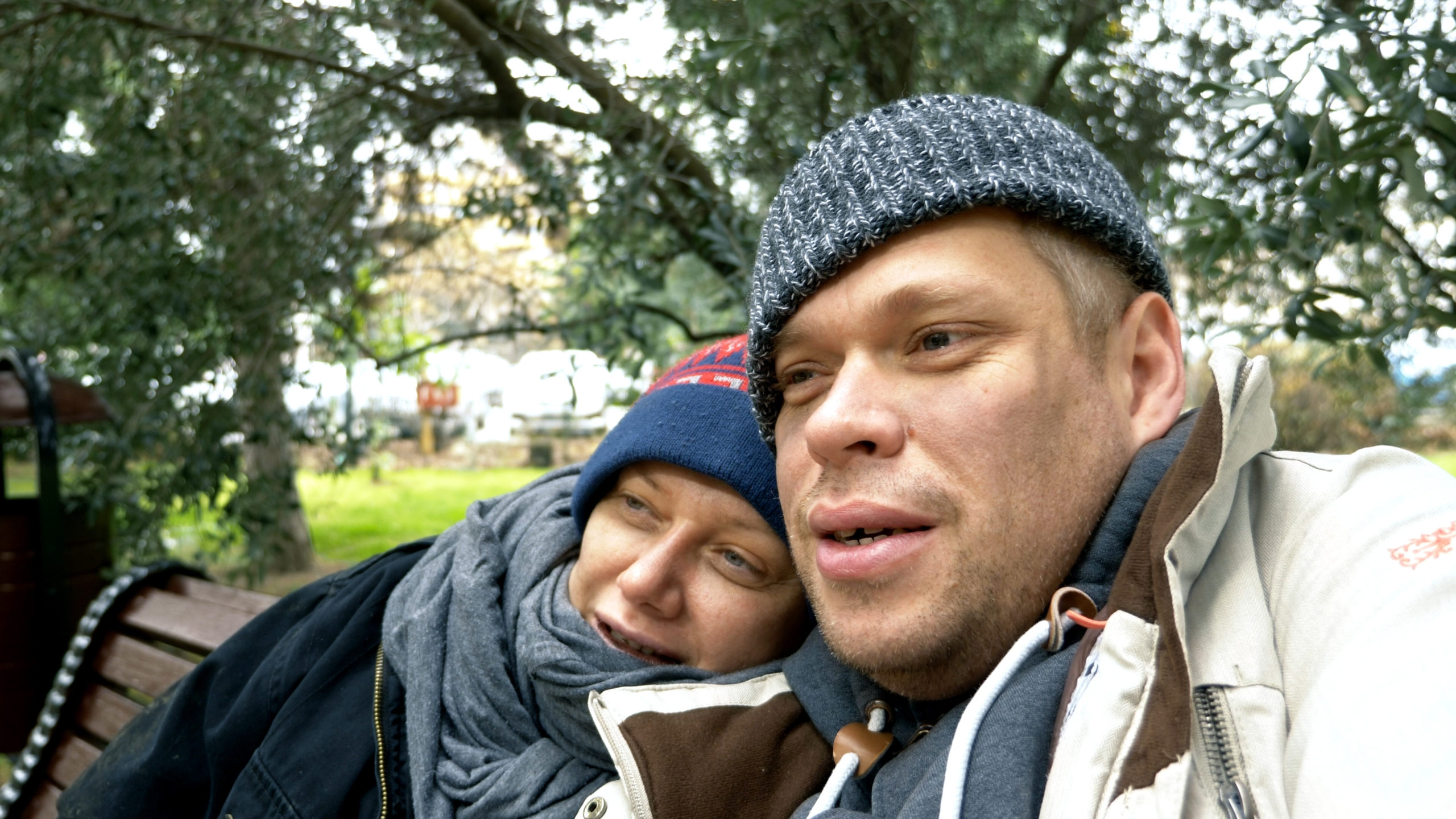This year, COVID-19 has turned millions of lives upside down, and the pandemic has also exposed glaring needs in the housing sector. National Housing Day 2020, Sunday, November 22, is the occasion for an even greater awareness of lodging needs and the work that remains to be done.
“COVID-19 has been described as a guided missile aimed at poor and vulnerable and underhoused people, and that’s especially true of people experiencing homelessness,” says Tim Richter, president and CEO of the Canadian Alliance to End Homelessness. “And this is especially true for people who experience homelessness.”
“The first public health measure announced against COVID was: ‘stay at home’,” recalls Stéphan Corriveau, director general of the Community Housing Transformation Centre. “But we shouldn’t forget that, in Canada, there are roughly 250,000 people every year who spend at least one night in the street.”
What the pandemic does, Richter points out, is to highlight the urgency of the work that needs to be done to end homelessness.
“I’ve been hearing across the country from our partners and membership,” reveals Michele Biss of the National Housing Rights Network, “that that so much of [the spread of Covid] was driven by the fact that we haven’t addressed the systemic issues of Canada’s housing crisis.”
Among these problems, she names the lack of protections for tenants and the lack of investment in the community housing sector. On top of that, adds the Centre’s Stéphane Corriveau, the housing issue has recently become more and more critical for a greater number of people, especially those with lower-paying or precarious jobs.
More concrete action
Almost a year and a half ago, the federal government passed the National Housing Strategy Act. The law was a big step forward Biss, Corriveau and Richter agree, but the three are waiting for resources to be allocated for it to be fully implemented. The position of Federal Housing Advocate, for example, has yet to be filled, and Michele Biss fervently hopes that the person hired will have experience in the areas of homelessness, human rights and housing laws. (Editor’s note: On National Housing Day itself, the Canadian government posted a notice to fill the position of Federal Housing Advocate.)
Other measures could be taken to improve the situation, in particular to curb property speculation and explosive increases in rents. Solutions of this type do not require government expenses, but rather consist of “a different way of thinking and doing things,” Corriveau argues.
Happily, one of the Centre’s roles is to support critical thinking and the implementation of new approaches for community housing. According to Corriveau, there is still hope.
“There is a will and a recognition” to address the housing problem by the federal, provincial and municipal governments, he says.
“Now we have to succeed in moving from awareness to concrete action—and it is started, but it isn’t over.”



